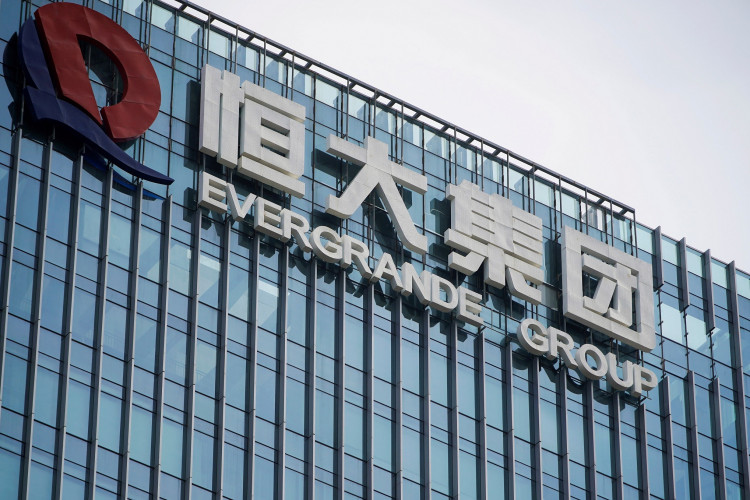China Evergrande Group was delisted from the Hong Kong Stock Exchange on Monday, closing a chapter in one of the most spectacular rises and collapses in China's corporate history. Once valued at more than $50 billion, the company exits as the world's most indebted developer with more than $300 billion in liabilities, its downfall shaking the foundations of China's property sector.
Trading in Evergrande shares had been suspended since January, when a Hong Kong court ordered its liquidation after the developer defaulted on its debt and failed to devise a reorganization plan. At its peak in 2017, Evergrande's market capitalization reached $51 billion. By the time of suspension, it had plunged to about $280 million, according to LSEG data.
"The delisting marks a significant milestone, symbolising the culmination of Evergrande's dramatic downfall and signalling the end of an era for China's property-driven growth model," said Alec Tseung, a partner at KT Capital Group. Shares that once fetched HK$31.39 traded at just HK$0.163 when last exchanged.
Evergrande was an early casualty of Beijing's "three red lines" policy introduced in 2021 to curb excessive leverage. That regulatory clampdown sparked a liquidity crisis across the sector and has contributed to a protracted property slump now in its fourth year. "China's property bubble peaked in 2021 and has been deflating since," said Andy Xie, an independent economist based in Shanghai, noting that sales volumes have halved and prices in smaller cities have fallen by as much as 50%.
The real-estate downturn continues to weigh heavily on China's economy. Changchun Hua, chief economist for Greater China at KKR, said the housing correction reduced GDP growth by 2.5 percentage points in 2022 and is projected to be only a 1.5-point drag in 2025, easing further to 0.3 points by 2027.
Authorities have moved to stabilize the market. Premier Li Qiang last week urged "more effective measures" to restore confidence. Shanghai on Monday announced new steps to boost demand, including lifting restrictions on suburban home purchases and calling for lower mortgage rates. Beijing had taken similar action earlier this month.
Still, analysts say the sector is consolidating around state-owned developers as private firms falter. "There's now a clear flight to safety, with purchasers favoring state-owned developers and completed properties over presales," said Cathy Lu, a credit analyst at Octus. Leonard Law, senior credit analyst at Lucror Analytics, added, "we are past the peak default wave," though more delistings remain possible.
Evergrande's liquidation is being handled by Alvarez & Marsal, the firm that oversaw Lehman Brothers' wind-down. Progress has been slow, with overseas creditors recovering just $255 million from offshore asset sales, compared with $45 billion in claims. "For overseas investors investing in China through Hong Kong, you have limited recourse to onshore assets if things go bad," said Brian McCarthy, managing principal at Macrolens.
Founder Hui Ka Yan, once among China's richest men, has largely disappeared from public view since being detained in 2023. Last year, he was permanently banned from securities markets and fined 47 million yuan for securities fraud and false disclosures. Liquidators are pursuing Hui and his former spouse to freeze assets and recover $6 billion in dividends and executive payouts.






